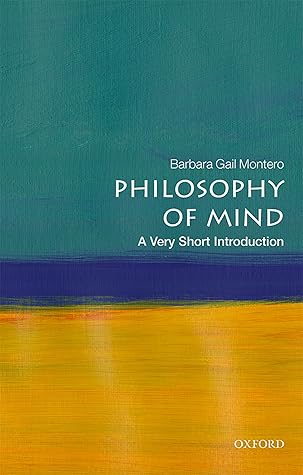More on this book
Kindle Notes & Highlights
Aristotle’s view of the four different kinds of causation—material, formal, efficient, and final—
Frank Jackson’s ‘knowledge argument’,
Biology depicts human beings as aggregations of 37.2 trillion cells working together to form the tissues and organs that keep us ticking.
Wittgenstein held that philosophy is iatrogenic: it aims merely to cure illnesses that it itself has created,
synchronicity? On Leibniz’s account, mind and body were wound up, or ‘pre-established’, at the outset by God.
Descartes’s dualism of mind and body ‘the dogma of the Ghost in the machine’; Cartesian dualism, he opined, ‘is not merely an assemblage of particular mistakes’ but is ‘one big mistake’.
place it in the same category as such things—as merely one additional item—is to commit a category mistake.
Wondering why the University is not represented as an additional structure would, according to Ryle, be a category mistake.
is, according to Ryle, like being disappointed at never having met the average family: the one with 2.4 children.
the mind as a set of behaviours. According to the behaviourist, there is nothing behind the scenes. What you think is what you do. ‘Overt intelligent performances are not clues to the workings of minds,’ Ryle writes, ‘they are those workings.’
polysemous term ‘behaviourism’
Francis Crick and Christof Koch, that conscious experiences occur when and only when there are 35‒73 hertz oscillations in the cerebral cortex, we
epiphenomenal (it has no purpose).
James, although emotions may be caused by certain beliefs—for example,
your belief that there was someone on the stairs—and although emotions may cause you to make judgements—that the imminent danger
James‒Lange theory of emotion.


